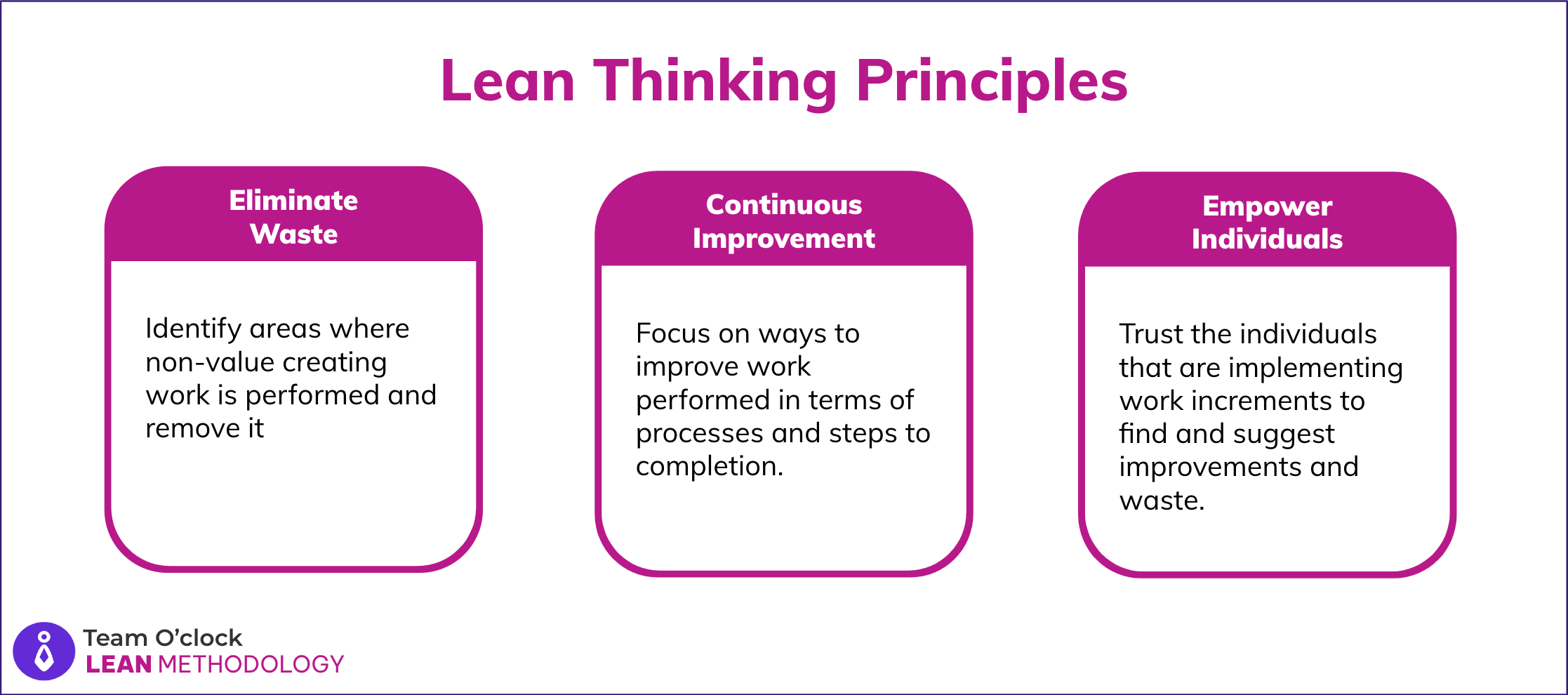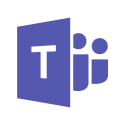
How to Integrate Lean Thinking into Agile Ceremonies

Since the late 1980s, lean thinking has emerged as a robust framework for optimizing processes, reducing waste, and maximizing value delivery. Rooted in principles of continuous improvement and respect for people, lean methodologies have transformed industries worldwide. When integrated into Agile ceremonies, lean principles can further enhance efficiency, streamline workflows, and foster a culture of innovation and collaboration.
What is Lean Thinking?
At its core, lean thinking is a business philosophy centered around maximizing customer value while minimizing waste. Originally pioneered by Toyota in manufacturing, Lean principles have since been adapted and applied across various industries.
Fundamental principles of Lean thinking include:
identifying and eliminating waste,
embracing continuous improvement and
empowering individuals within the organization.

Why Does Lean Thinking Matter?
Lean thinking matters in business because it enables organizations to optimize processes, reduce costs, and deliver greater customer value. By focusing on value creation and streamlining operations, Lean principles help businesses stay competitive in today's fast-paced market.
Moreover, Lean methodologies promote a culture of respect, collaboration, and continuous learning, which are essential for long-term success and sustainability in the entrepreneurial world.
How to Integrate Lean Thinking in Agile in 8 Steps
1. Value Stream Mapping: Identify and analyze the end-to-end process of delivering value to customers. By mapping out the value stream, teams can visualize waste, bottlenecks, and areas for improvement.
2. Eliminate Waste: Agile teams can apply Lean thinking to identify and eliminate seven types of waste, including overproduction, waiting, unnecessary transportation, inappropriate processing, excess inventory, unnecessary motion, and defects. By minimizing waste, teams can streamline processes and maximize value delivery.
3. Just-in-Time (JIT) Delivery: Implement JIT principles to deliver value incrementally and on-demand, minimizing inventory buildup and reducing lead times. Agile frameworks like SCRUM already emphasize iterative delivery, making it easier to adopt JIT principles.
4. Continuous Improvement: Embrace a culture of continuous improvement, where teams regularly reflect on their processes, identify areas for enhancement, and experiment with new approaches. Lean's Kaizen philosophy aligns closely with Agile's principle of embracing change and adapting to evolving requirements.
5. Respect for People: Recognize and empower individuals within the team, valuing their expertise, insights, and contributions. Agile frameworks emphasize self-organizing teams and collaboration, fostering a culture of respect and empowerment that aligns with Lean principles.
6. Visual Management: Implement visual management techniques, such as Kanban boards, to make work visible, track progress, and identify bottlenecks. Visualizing work enables teams to prioritize effectively, optimize workflow, and respond promptly to changes.
7. Pull-based Systems: Shift from push-based to pull-based systems, where work is pulled based on customer demand or downstream needs. Agile frameworks like Kanban facilitate pull-based workflows, allowing teams to optimize flow and minimize overburdening.
8. Value-driven Prioritization: Prioritize work based on its perceived value to the customer, focusing efforts on high-priority items that align with organizational goals. Lean principles emphasize delivering value to customers, ensuring that resources are allocated effectively to maximize impact.
What to Avoid When Integrating Lean Thinking in Agile
When implementing Lean principles into Agile ceremonies, teams should be mindful of common pitfalls, including:
Overlooking the importance of continuous improvement and becoming complacent with existing processes.
Failing to prioritize value-driven work results in wasted resources and effort.
Neglecting to empower individuals within the team and fostering a culture of micromanagement or disengagement.
Takeaway
Integrating Lean principles into Agile ceremonies can unlock new levels of efficiency, productivity, and collaboration within your organization. By embracing Lean thinking and avoiding common pitfalls, teams can streamline workflows, maximize value delivery, and achieve sustainable success.
Choose Team O'Clock as your partner in agile excellence, and experience the benefits of Lean-Agile practices firsthand. With Team O'Clock's support, your team can optimize processes, stay focused on core work, and maintain a healthy work-life balance.








